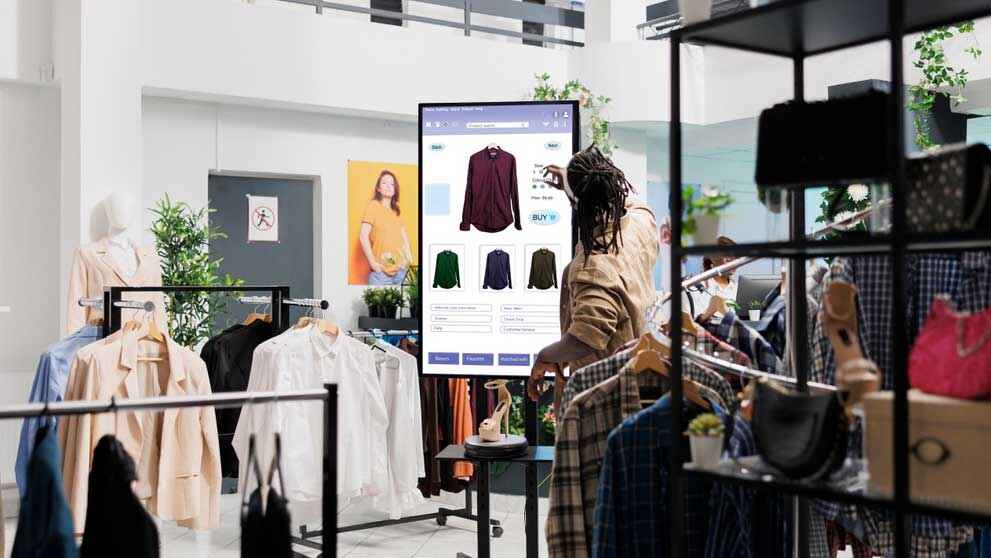In today's digital age, the barriers to importing goods into Nigeria have never been lower. E-commerce has democratized access to global markets, enabling small and medium enterprises (SMEs) to source products from anywhere in the world, ship them to Nigeria, and resell for a profit.
This is the essence of mini importation – an import business model that levels the playing field, allowing entrepreneurs of all sizes to tap into the vast opportunities of the global marketplace.
How Mini Importation Works
At its core, mini importation involves sourcing goods from international suppliers and importing them into Nigeria in smaller quantities. This approach enables entrepreneurs to capitalize on global market opportunities and meet local consumer demand without the need for large-scale investment or infrastructure. The mini importation process begins with meticulous market research to identify high-demand products and reliable suppliers. Once products are selected, entrepreneurs place orders, arrange payment and shipping, and navigate customs clearance. After arrival, products are warehoused and distributed for sale, with targeted marketing and sales efforts used to attract customers. By mastering the principles of mini importation and executing each step with precision, entrepreneurs can build thriving import businesses that deliver lasting value.

Identifying High-Demand Product Categories
Certain product categories shine in terms of demand and profitability in Nigeria's mini importation market. Consumer electronics, fashion accessories, beauty products, and home essentials are consistently among the top performers. The Nigerian consumer electronics market alone is projected to reach US$2,081.00 million by 2024, with a compound annual growth rate (CAGR) of 10.70% expected from 2024 to 2029. The fashion and beauty industries also exhibit steady growth, fueled by evolving consumer preferences and rising purchasing power. By focusing on these high-demand categories, SMEs can position themselves for success.
Staying Ahead of the Trends
To truly thrive in mini importation, Nigerian SMEs must stay abreast of the latest market trends and consumer preferences. This requires a commitment to ongoing research and planning, monitoring of industry reports, and leveraging of data analytics tools. Exploring niche markets and emerging product categories can also provide a competitive edge. For example, the growing demand for eco-friendly and sustainable products presents a promising opportunity for forward-thinking importers. By staying agile and adapting to shifts in the market, SMEs can remain at the forefront of the trends that shape Nigeria's e-commerce landscape.

Navigating the Challenges of Mini Importation
While mini importation offers immense potential, it also comes with its own set of challenges. From customs clearance delays to currency fluctuations and supply chain disruptions, importers must be prepared to navigate complex risks. Partnering with a reputable logistics provider like DHL can help mitigate these risks by providing end-to-end supply chain solutions, streamlined customs clearance processes, and real-time shipment tracking. Diversifying sourcing channels, maintaining adequate inventory levels, and implementing robust risk management strategies are also essential for minimizing potential disruptions and ensuring business continuity. With the right tools and partners, SMEs can overcome the challenges of mini importation and achieve lasting success.
Delivering Value to the Nigerian Consumer
At the heart of every successful mini importation venture is a deep understanding of Nigerian consumer preferences. Today's consumers are discerning and value-conscious, prioritizing quality, affordability, and authenticity in their purchasing decisions. Cultural factors such as religious beliefs, social norms, and lifestyle preferences also significantly influence consumer behavior. By tailoring product offerings and marketing strategies to align with these preferences, SMEs can build strong connections with their target audience and drive sales. Putting the customer at the center of every decision is the key to unlocking loyalty and long-term growth.

Building a Sustainable Business
Running a mini-import business in Nigeria isn't just about finding hot sellers. You have to plan, execute, and adapt as things change. Here's the secret sauce for Nigerian mini-importers to win big:
Happy customers, happy business: Put your customers first!
Quality is king: Keep your products top-notch and consistent.
Reliable suppliers: Build strong relationships with your suppliers.
Stand out from the crowd: Invest in marketing to build a brand people recognise and love.
By focusing on these key areas, you'll build a sustainable mini-importation business that can weather any storm. Remember, it's about the long haul, not just the quick sale. So go forth and conquer the Nigerian marketplace!
DHL: Your Partner in Mini Importation Success
Embarking on the mini importation journey requires a reliable partner that can provide the support and expertise needed to navigate the complexities of global trade. With its extensive experience in logistics and deep understanding of the Nigerian market, DHL is perfectly positioned to help SMEs succeed. From expedited customs clearance to door-to-door delivery services, DHL offers tailored solutions that meet the unique needs of importers.
By partnering with DHL, SMEs can streamline their operations, mitigate risks, and focus on what matters most – growing their business. When you open a business account with DHL today, you gain a trusted partner that can help you every step of the way.
Conclusion
Mini importation represents a wealth of opportunities for Nigerian SMEs. By identifying high-demand product categories, staying ahead of market trends, and effectively navigating risks, entrepreneurs can build import businesses that deliver lasting value and drive economic growth. With the right strategies, partners, and mindset, the possibilities are endless. Whether you're just starting out or looking to take your business to the next level, mini importation can be your key to unlocking the vast potential of Nigeria's e-commerce market. The journey begins now.








